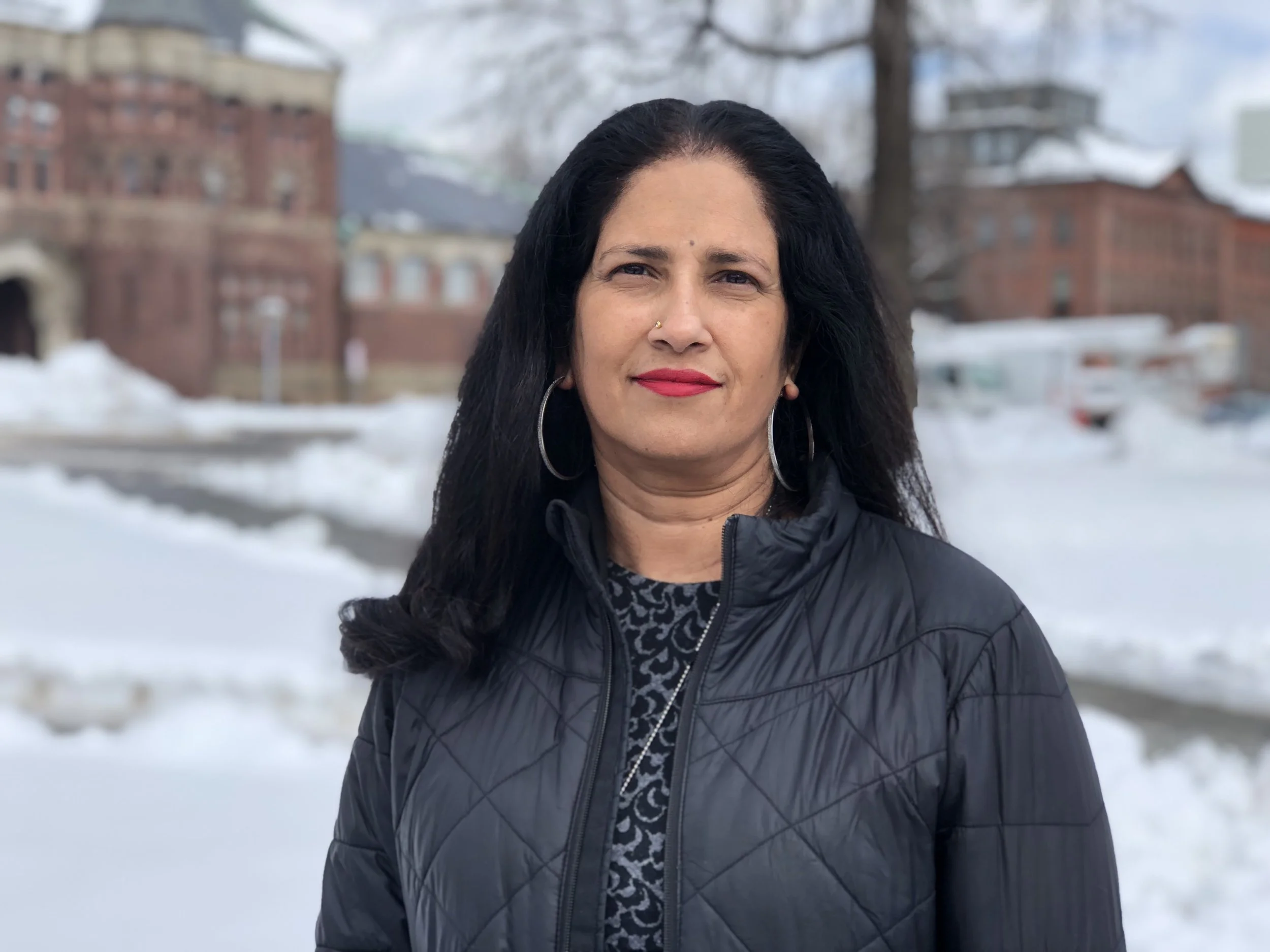Who's Qualified? A Funder-Backed Effort to Open Up Early Childhood Teaching
/photo: Rawpixel.com/shutterstock
What qualifies someone to teach preschool-age children? More to the point, is a bachelor’s degree necessary to be a qualified preschool teacher? It’s a debate that has raged for years—and it’s one with high stakes and no easy answers. Now, as early childhood education draws new attention, including from foundations and major donors, this question is getting more attention.
In one corner are those who say the degree is necessary raise the level of respect for the early childhood education profession, where salaries lag far behind those of elementary and secondary teachers. Data from the University of California at Berkeley indicates that salaries for college-educated preschool teachers range from $28,000 to $42,000 a year—far behind the average of $56,000 earned by their elementary school counterparts.
These advocates also contend that a bachelor’s degree ensures that educators are prepared to work with young children at their most crucial developmental years. Extensive research has shown that high-quality preschool confers numerous benefits for children, especially those from low-income families. Advocates contend that degreed teachers help ensure higher quality.
In the opposite corner is a coalition of early childhood education groups who question the need for preschool educators to hold a bachelor’s degree. They say the degree provides no guarantee of quality or of higher salaries. Further, they say requiring the degree undermines the diversity of the preschool teaching force, forecloses a promising path to upward mobility for non-college workers, and makes it harder to staff early learning programs.
Early childhood educators are almost exclusively women, but data from Berkeley indicates that the nation’s preschool teachers are more racially and ethnically diverse than their K-12 counterparts. While more than 80 percent of K-12 teachers are white, the data show that the preschool teaching force is 63 percent white, 17 percent African American, and 14 percent Hispanic. The proportions of African American and Hispanic teachers in preschool are almost double their representation in K-12 classrooms.
Those who say a bachelor’s degree shouldn't be required for preschool teachers are the driving force behind a collaborative effort known as Power to the Profession. An array of early childhood education advocates and labor organizations are behind this collaboration. Members include the National Education Association, the National Head Start Association, the Service Employees International Union, and the National Association for the Education of Young Children.
Power to the Profession formed in 2016 after a study from the National Research Council found a fragmented early childhood teaching force that lacked uniform qualifications. This year, the collaborative released its own set of recommendations. A central recommendation, reported by education news site The 74, calls for multiple education levels for early childhood educators. In its draft of recommendations, Power to the Profession noted that other fields, such as nursing, have multiple designations. It also expressed a concern that a single designation would harm the diversity that exists in the early childhood teaching ranks.
Power to the Profession has some serious funder dollars behind it. Supporters of the collaboration include the Gates and Kellogg foundations, the Richard W. Goldman Family Foundation, the Buffett Early Childhood Fund, the Alliance for Early Success, and the Foundation for Child Development.
While many funder-backed projects around early childhood education have focused on access and availability, seeking to expand these opportunities, especially among low-income children and children of color, there's a growing focus within broader education circles on the diversity of teachers. Some funders have become keenly interested in this area as evidence has grown that students perform better when taught by teachers who reflect classroom populations. A Kellogg-backed effort, for example, seeks to equip teachers to work with Native American students, especially early learners, by offering culturally based training at tribal colleges. Another Kellogg-backed program in Washington, D.C., helps African American male graduates become early childhood paraprofessionals as a step toward becoming certified teachers. Meanwhile, the NewSchools Venture Fund has lately given significant attention to the need for greater diversity, inclusion and equity within education organizations. It announced new grantmaking to support diverse leaders in 2016, and last year released a report on this issue, "Unrealized Impact," which was supported by an alliance of prominent education funders.
Related: What Does This New Study on Diversity Mean for the K-12 World—and Its Funders?
Education requirements for early childhood teachers vary by state, but at this point, the pro-bachelor’s-degree side appears to be winning. Among states with state-funded preschool programs, the majority require teachers to hold a bachelor’s degree, while a few states, such as California and Pennsylvania, have multiple programs, with only some of those requiring a bachelor’s degree.
In 2015, the National Academies of Science, Engineering and Medicine called for all preschool teachers to have a degree, but acknowledged that a policy requirement alone is not guarantee of program quality. At present, no research exists to determine whether a degreed teacher impacts the quality of preschool programs, controlling for other factors. Some studies have found correlations between teacher education and program quality.
Power to the Profession makes important points around multiple designations and the diversity of early childhood teachers. It will be interesting to see how their advocacy efforts unfold, and whether they lead to additional research or policy changes. One thing is clear: Some powerful funders are keen to help this work along.







































